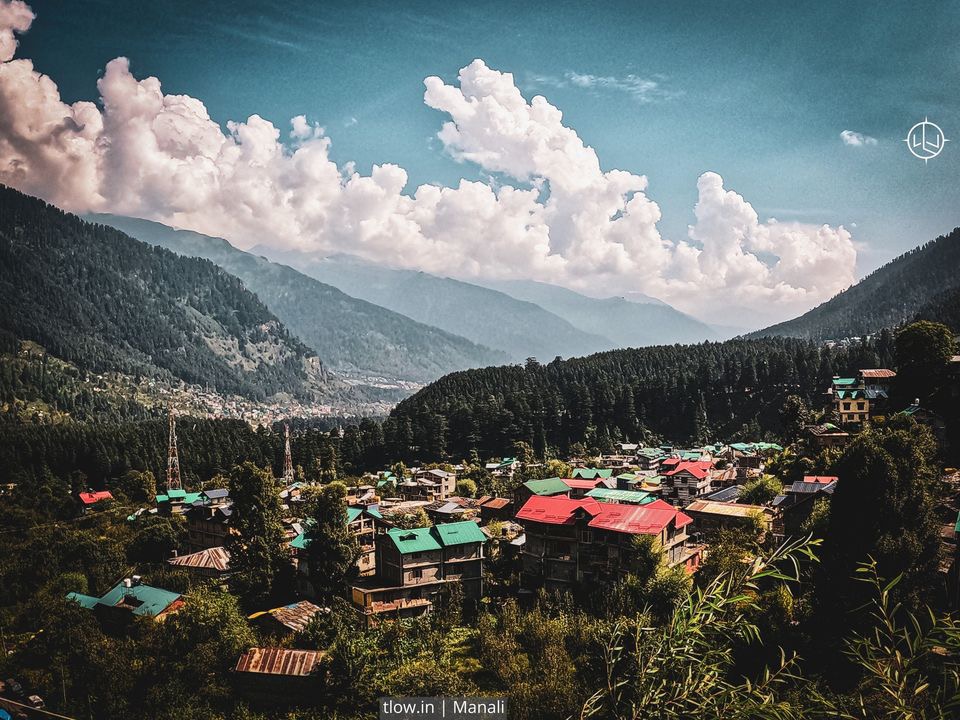
How to get a green tax document in Himachal Pradesh, India
As part of the global efforts to combat climate change and promote environmental sustainability, governments around the world have implemented various measures. One such initiative is the introduction of green taxes or eco-taxes, designed to discourage activities that harm the environment and encourage greener practices.
Table of Contents
In India, many states have adopted green tax policies, including Himachal Pradesh, a picturesque state nestled in the Himalayas known for its natural beauty. In this blog post, we will guide you through the process of obtaining a green tax document in India, with a specific focus on Himachal Pradesh.
Yolo Cafe Manali starting @ INR 840/PP (Stay + Breakfast + Dinner) >>click here <<

Understanding Green Tax:
This tax, also known as environmental tax or eco-tax, is a fiscal instrument that imposes additional charges on activities or products that have a negative impact on the environment. The revenue generated from these taxes is typically used to fund environmental conservation and sustainable development initiatives. The primary aim of taxes is to internalise the external costs associated with pollution, resource depletion, and other environmentally harmful activities.

Green Tax in Himachal Pradesh:
Himachal Pradesh, being a state renowned for its natural beauty and eco-tourism, has taken significant steps to protect its environment. The state government has implemented a green tax policy to discourage the use of non-environmentally friendly vehicles in certain environmentally sensitive areas. This tax primarily targets vehicles entering specific tourist destinations, such as Shimla, Manali, and Dharamshala, where pollution levels and traffic congestion can pose a threat to the fragile ecosystem.
Rates of various taxes as of May 2023:
| S.No. | Vehicle Class | Green Tax |
| 1 | Bike | 100 |
| 2 | LMV | 200 |
| 3 | Passenger Vehicle | 300 |
| 4 | Goods Vehicle | 500 |
Procedure to obtain a Green Tax document in Himachal Pradesh:
If you plan to visit Himachal Pradesh and intend to drive your own vehicle, it is important to obtain a tax document. Below are the steps to follow:
Identify the areas requiring a tax: Research and determine the areas within Himachal Pradesh where a tax is applicable. Common tourist destinations like Shimla, Manali, and Dharamshala are usually included.

Gather required documents: Ensure you have the following documents ready:
a.Vehicle Registration Certificate (RC): Carry the original and a photocopy of your vehicle’s RC.
b. Valid Insurance Certificate: Carry a copy of your vehicle’s insurance certificate.
c.Valid Pollution Under Control (PUC) Certificate: Obtain a PUC certificate from an authorized center and keep a copy handy.
d. Valid Driving License: Carry your original driving license and a photocopy.
Visit the designated green tax counter: Once you reach the tax entry point, locate the designated green tax counter or booth.
Submit required documents: Present your vehicle’s RC, insurance certificate, PUC certificate, and driving license to the authorities at the counter. They will verify the documents and calculate the applicable green tax based on your vehicle type, duration of stay, and other factors.

Pay the tax: After the assessment, you will be informed about the amount of the tax to be paid. Make the payment at the counter. Ensure you receive a receipt or proof of payment.
Display the receipt: Affix the receipt prominently on your vehicle’s windshield to display that the green tax has been paid.
Comply with rules and regulations: Follow all traffic rules and regulations while driving within Himachal Pradesh. Cooperate with authorities and respect the local environment.
Obtaining a tax document in Himachal Pradesh is an essential step for visitors driving their vehicles into specific tourist destinations. By paying the tax, you contribute to the preservation of the state’s fragile ecosystem and support sustainable tourism practices. Remember to research the specific areas where green tax is applicable, gather the necessary documents, and follow the designated procedure.
Text by Kunal Mahure










